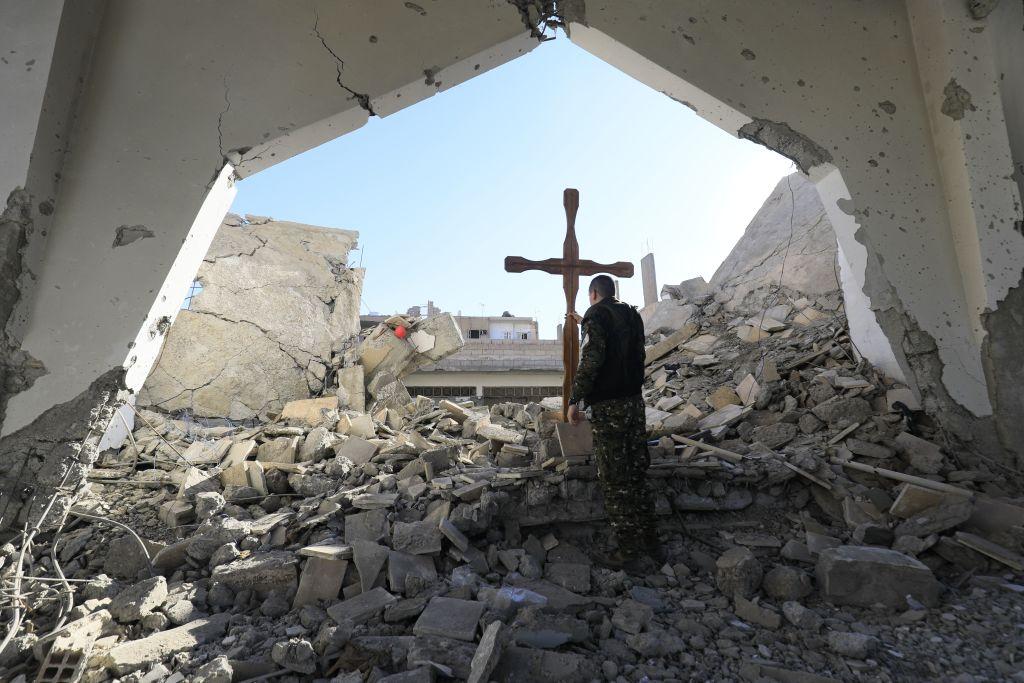Commentary
Christianity faces the possibility of disappearing in the Middle East, where its roots go back to the death of Jesus Christ. A century ago, Christians comprised 20 percent of the region’s population. Today, they are less than four percent. Moreover, as noted by Barbara Kay, a Canadian columnist, “we are seeing mass exoduses of Christians from Middle Eastern countries in which they are indigenous inhabitants.”





